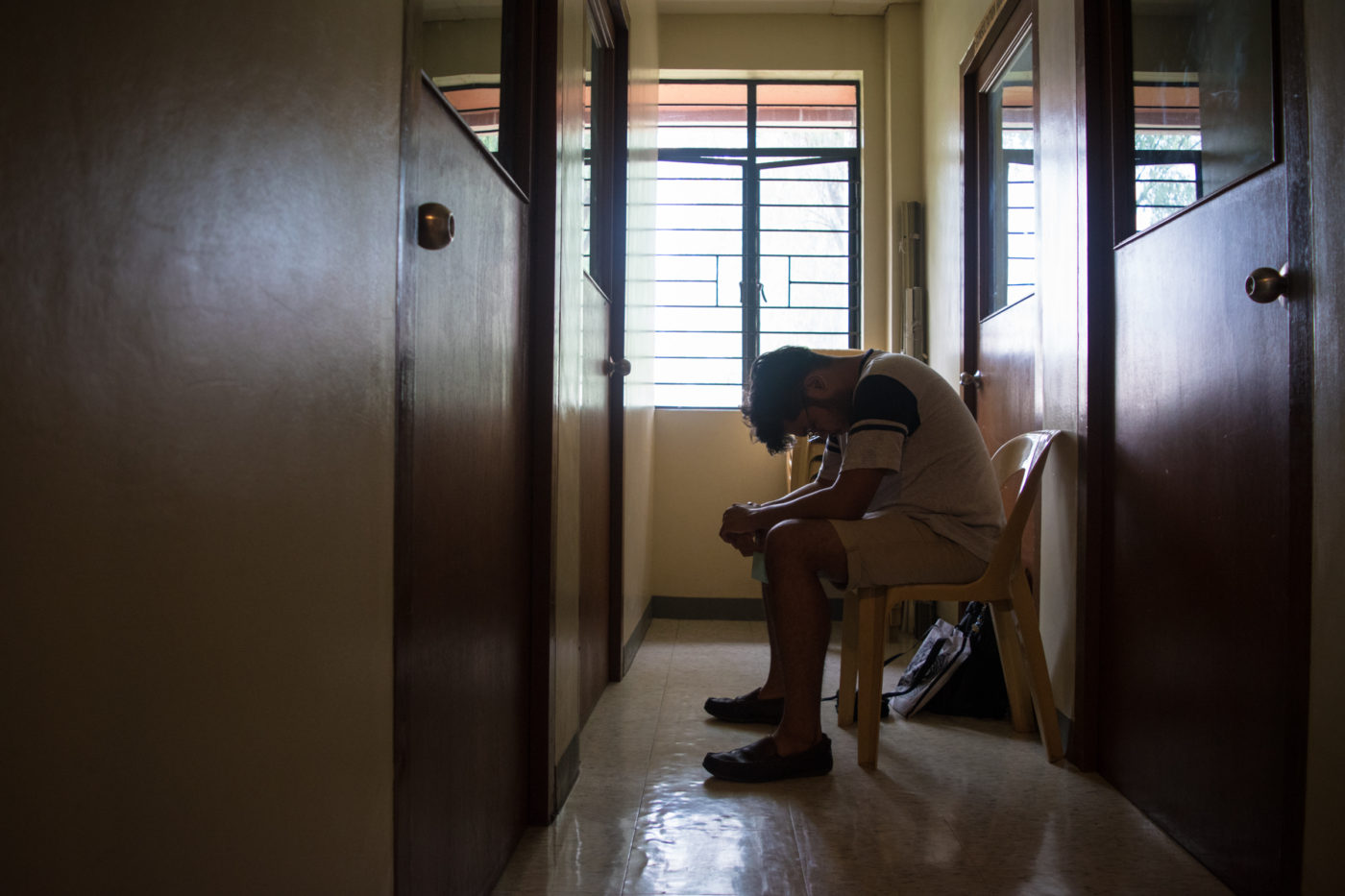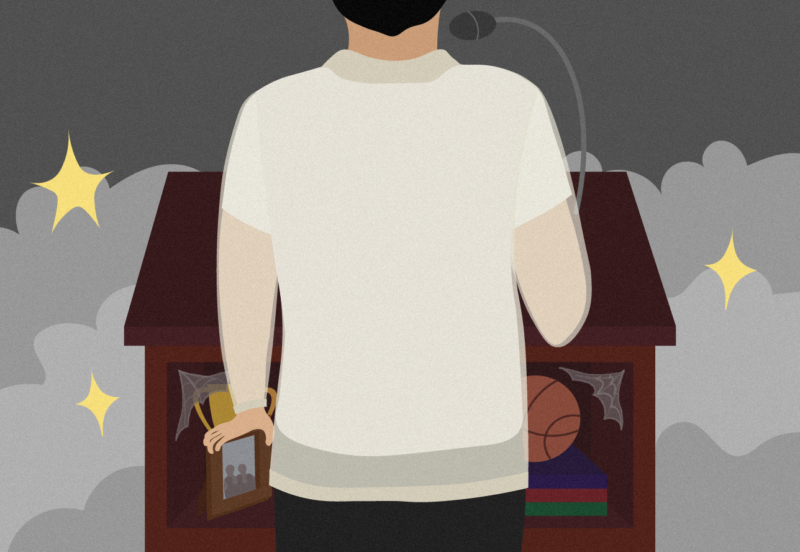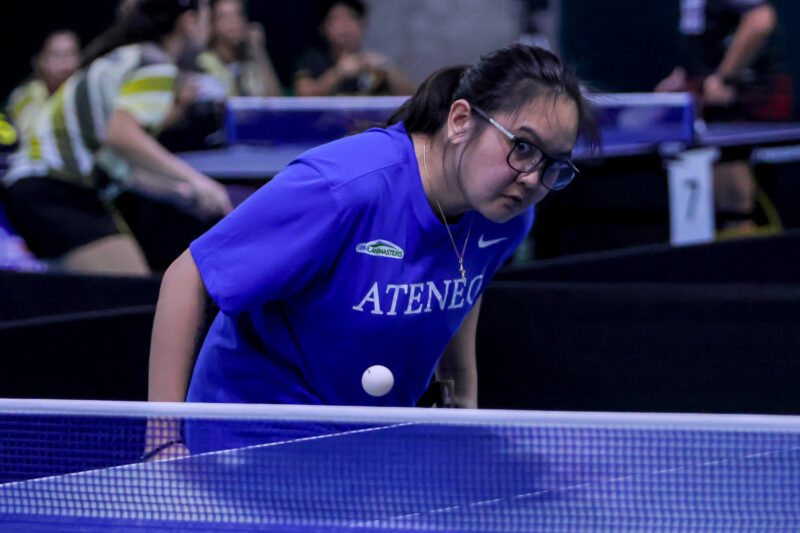Walk into the emergency room of any hospital. You will likely be able to tell what the majority of these patients are suffering from: Gunshot or stab wounds, dislocations, cuts, bruises, and black eyes. Go in for a medical check-up, enumerate your symptoms, and the doctor will at least have a good idea of what you are suffering from, writing down your prescription accordingly.
In contrast to this, those with mental health issues are treated with more distance, apathy, and even hostility compared to those with more physiological conditions. There is an evident social stigma or at the very least, a mild disinterest, attached to mental health that is present in the many private and public institutions of Philippine society.
Although physiological ailments have more tangible manifestations and make them easier to identify and treat, it does not excuse the unmistakable lack of emphasis in addressing mental ailments.
Last semester, the Sanggunian, along with several student organizations, promoted a school-wide Mental Health Awareness Week. In the days that followed, the Loyola Schools reported a rise in student mental health cases received by its offices. This is a clear indication of the urgency to bring student mental health to the foreground of school-wide consciousness, and the repercussions of a lack of acknowledging this issue.
Establishing foundations
Following last year’s restructuring of university offices led by former Vice President of the Loyola Schools John Paul Vergara, a number of protocols and support systems have been established for the purpose of student mental health care.
According to Teya Paulino of Student Support and Special Services (S4), there have been student services geared towards student mental health as early as 2009. She recalls how then-Student Affairs Head Rene San Andres created a committee to help students with special needs adjust to the college setting, in response to the growing number of mental health issues reported around the campus at the time.
As reported previously by The GUIDON in this year’s March issue, members of the LS faculty and staff participated in the S4’s Psychological First Aid series (PFAs). Paulino is attempting to incorporate seminars similar to the PFAs into the LS Integrated Ateneo Formation programs. She has been working closely with InTACT supervisors, giving talks to student facilitators on how to spot potential cases and encourage students to seek help from the LS offices or their families.
Paulino had this to say about student involvement in raising awareness for mental health in general: “Actually, the students now are more aware than the faculty or the staff, and actually they were the ones who were clamoring for the recognition of the mental health of our students because they know more information than us because of their peers.”
According to Residence Halls Advisor and Office of Social Concern and Involvement Formator Anitta Nuevo, Mental Health Awareness Week helps, but mental health awareness needs to be enforced not only by student organizations, but also by the faculty.
“Hindi lang tayo nandoon to teach but also there to listen. Isa ‘yun sa mga nakitang bagay na dapat i-improve natin bilang isang institusyon. (We [educators] are not just there to teach but also there to listen. That is one of the things we can see that we as an institution must improve on),” she says.
Addressing misconceptions
Because of the general social perceptions currently held towards mental health, it is more than necessary to bring the issue to light, in order to ensure a more informed public understanding.
Office of Health Services (OHS) Director Ma. Henrietta de la Cruz, MD, says mental health is a multi-faceted issue and requires a multi-pronged approach in order to properly address it. She highlights the importance that nutrition plays in the psychological well being of a student, something that tends to be overlooked.
The Loyola Schools Food Safety and Nutrition Council, as well as its grade school and high school counterparts, convene regularly to discuss the food the school’s concessionaires are serving to students to promote better eating habits.
De la Cruz makes mention of different physical fitness programs promoted by the OHS facilitated by Ateneo alumni.In his book entitled Spark, John J. Ratey, MD investigates the role that physical activity plays in an individual’s overall health. He cites scientific studies that prove the effectiveness of exercise in combatting anxiety, depression, and other severe mental illnesses. Ratey’s work is a testament to how mental health is just as much a physical issue as it is a psychological one. De la Cruz claims the programs have notable results, but is dismayed by the lack of recognition these programs receive from the LS community.
Although this issue is truly one that requires community effort, the importance of privacy and sensitivity can never be overstated.
The LS offices that are directly responsible for addressing mental health care adhere to a strict code of confidentiality. Assistant Guidance Director Virgilio Panlasigui likens the degree of confidentiality as “very similar to that a confession.”
“We always think about the welfare of the students. Top priority na ‘yan,” he continues. “Only when there is a danger posed to the entire community will we break confidentiality. But that has never happened.”
“Some students are open with their conditions, and usually they talk about it to their friends, but for the others you just have to respect them on the confidentiality of what is happening to them,” Paulino says.
Nuevo has her NSTP students write journals for her classes. She believes that sometimes all a student needs is an outlet or someone to talk to. The private moments are most important, although that is no reason for people to be invasive, she says.
“There are those who only find out [about their mental health issues] when they are in Ateneo. Ngayon lang nila nalaman that they have these certain conditions (They only found out that they have these certain conditions now),” Nuevo adds.
Paulino wants the student body to remember that all measures put into place by the university are first and foremost preventative. “We can only do so much as employees of the school,” she says.
External support
Ateneo universities around the country have been working in collaboration with one another in addressing student mental health in their respective campuses. “The Ateneo universities from other provinces called regarding protocols for vulnerable adults,” Paulino explains.
Paulino reported only a single private educational institution other than Ateneo schools has also been in contact with the LS concerning mental health. She says the lack of contact with other schools under the Ateneo is due to the different make up of students in these schools according to their respective counselors.
There have been several instances of government offices attempting to pass legislation for providing quality mental health care around the country. Two major bills were introduced last year, namely House Bill 5347 and Senate Bill 2910. Both bills failed to be passed in their respective chambers.
“There is very little government support we can rely on,” de la Cruz says.
“We are an autonomous school, so maybe we’re ahead of [government offices] with the protocols that we have,” says Paulino. “If we can lower down the amount of professional fees for psychiatrists to make it affordable so everybody can go in any [economic] class they are in, [mental health] would be easier to address.”
“Hindi natin kailangan hintayin sila. (We do not have to wait for them),” Nuevo says. “We have our own initiatives.”
Paulino stresses the importance of a student’s family in addressing student mental health casesand the boundaries and restrictions that must be respected by students and faculty and staff alike. However, this does not diminish the importance the LS community as a whole in caring for the student on campus.
Treading lightly
The university’s caution in addressing student mental health could be mistakenly interpreted as silence.
Nuevo believes faculty, professional, and staff of the LS can always be more vocaland visible on student mental health. “Tayo ‘yung nagbabantay; tayo yung mga kasama ng mga students in their four years or five years in the school (We guide the students; we are with them in the four or five years they’re at school),” she says. “It is something that people should talk about; hindi siya isang bagay na binubulong because it is a reality. (It is something that people should talk about; it’s not something that we should whisper about because it’s a reality)”
While the issue of mental health must always be treated with the utmost care and sensitivity, restricting its discussion to certain public and private circles will only exacerbate the situation for those who require the necessary mental health care. De la Cruz expresses that the last thing she wants for the LS community is to look at those suffering from mental health concerns with disregard or indifference. “We should always remember that these are people with real problems,” she says.
When asked about what Ateneans can do to advocate mental health care, Panlasigui places trust in the Atenean values that should inform all LS students. “Ad Majorem dei Gloriam, Lux in Domino, and magis will all lead to cura personalis, being men and women for others,” he says.
The Atenean’s assumed position of privilege in society must not be seen as something that makes his or her role any less important. Cura personalis is a call to ensure the well being of every person’s body and mind, and a reminder that these values are not for the sole benefit of the Ateneo and its students.
What do you think about this story? Send your comments and suggestions here: tgdn.co/2ZqqodZ







